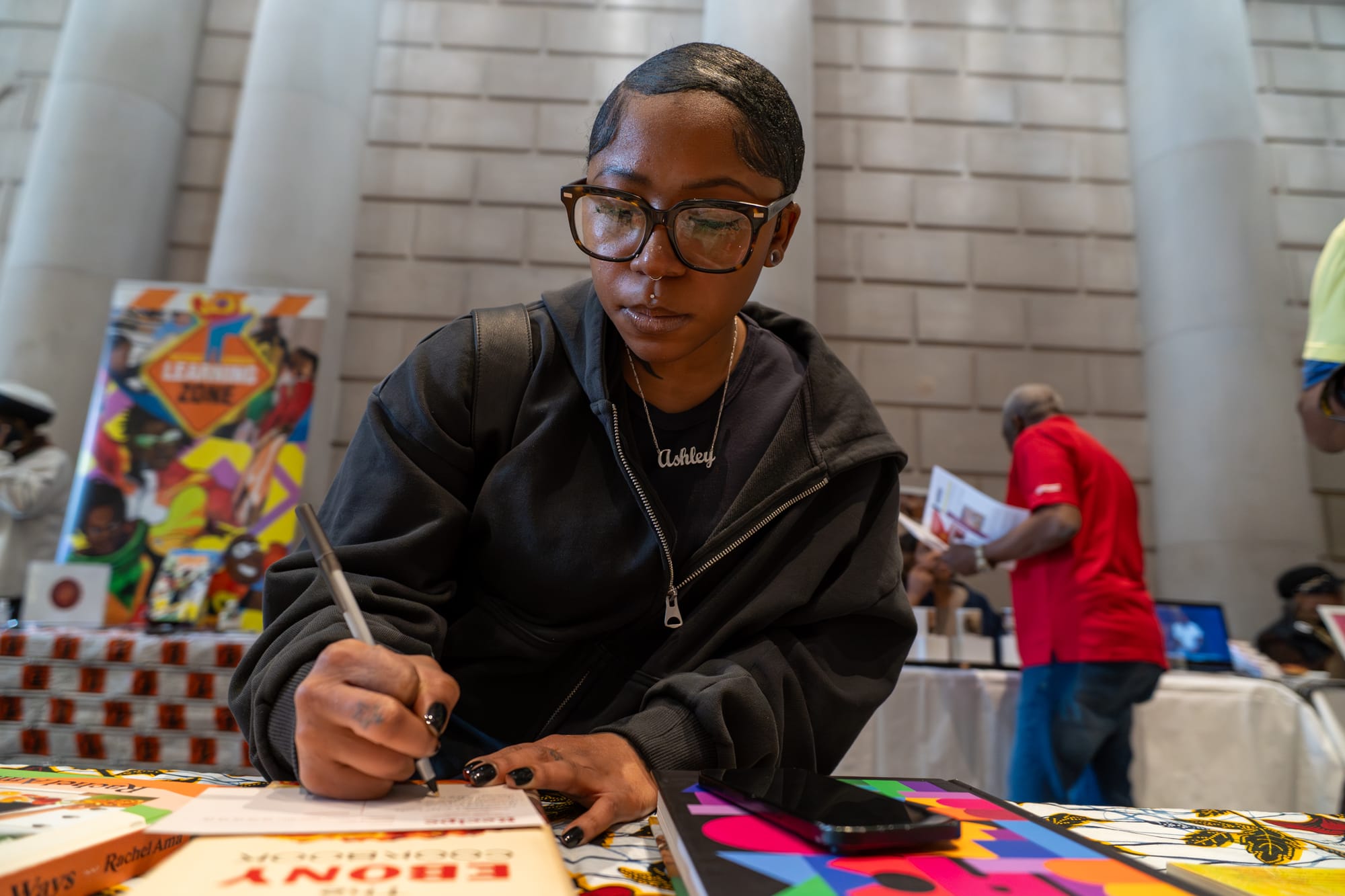Why It Matters: the End of the Chevron Deference and How It Will Effect Philadelphia
The fight to protect Philadelphia against environmental challenges is not a new one.
Most people have no idea what the Chevron deference is. That alone highlights fundamental issues the United States faces when bridging the gap between citizens and their understanding of how governmental changes can impact their everyday lives.
The Chevron deference is “an administrative law principle that compelled federal courts to defer to a federal agency’s interpretation of an ambiguous or unclear statute that Congress delegated to the agency to administer,” according to Ballotpedia.org.
In short, the Chevron deference champions entities that have the knowledge, understanding, and expertise to decide how guidelines are to be interpreted, implemented, and followed across varying jurisdictions.
Over the years, we have seen the Chevron deference swing back and forth across the pendulum of working in favor of the people or in favor of large corporations and businesses (because of the way politics works in the United States). Different people held high-ranking positions within federal agencies specifically connected to the agenda of the president or party they serve, meaning that different types of leadership will either push or stall lines of progress.
While that may seem bizarre, that is the beauty of the Chevron deference. It is beholden to the way an entire agency works on a fundamental level rather than hinging itself on one person’s agenda. It directly contributes to the checks and balances the U.S. government has in place to ensure power does not corrupt absolutely.
When thinking about the ending of the Chevron deference in relation to how the citizens of Philadelphia can thrive, I immediately begin to worry. As a notoriously poor, majority Black and brown city, Philadelphia is often neglected due to both conscious and unconscious biases against these vulnerable populations, and thus the entire city.
Currently, some of Philadelphia’s most contentious topics are housing and urbanization, public transportation, and environmental injustices. While the first two often take precedence, I worry a lot about environmental injustices being committed against those who live in Philadelphia. In a city with frequent boil water advisories, an entire expressway that flooded a few years ago, several allegations of environmental racism, and the reduction of trees across various neighborhoods due to the mass construction of unaffordable housing, the Chevron deference is crucial to keeping so many of us protected.
The fight to protect Philadelphia against environmental challenges is not a new one. Whether we are discussing air, water, or waste pollution, Philadelphia fits into the broader environmental discussion. Enter the Environmental Protection Agency (EPA) and the way it can interpret and enforce environmental laws that significantly impact urban areas. Without the Chevron deference, polluting entities could challenge the EPA’s unclear laws in ways that delay or overturn crucial environmental doctrines already in place to protect Philadelphia residents. Being the poorest large city in the United States and majority Black and brown, Philadelphia faces an added layer of targeting that should be feared when it comes to imposing blanket mandates.
Housing and Philadelphia’s changing landscape are long-standing discussions. The Department of Housing and Urban Development (HUD) is a federal entity that supports Philadelphia in the fight against gentrification, housing discrimination, and affordable housing shortages. The ending of the Chevron deference could lead to reductions or delays in protections for the most vulnerable people in Philadelphia: the low-income and nonwhite. In a city where 20% of the population lives below the poverty line, federal support to ensure people have homes to live in is incredibly important.
Finally, one thing a Philadelphian is going to do is complain about the Southeastern Pennsylvania Transportation Authority, also known as our beloved SEPTA. SEPTA is known to many as a lifeline for getting around the city. SEPTA, in its inception, exists as it does because of federal funding and regulations overseen by the Department of Transportation (DOT).
We always talk about how grateful we are that SEPTA exists, but we also discuss how much better it could be. Philadelphia needs federal funding to prioritize projects that expand SEPTA services across areas where vulnerable populations lack access and to make SEPTA a more reliable entity as a whole. Without the Chevron deference, it could allow people to reduce, delay, or redirect funds for critical projects that support Philadelphia in becoming a city where public transportation matches the growth and development of the city.
In short, the weakening or reduction of the Chevron deference is a Philadelphia issue because we are a major metropolitan area in a constant battle to grow while also supporting our most vulnerable populations—they, too, are our neighbors in the City of Brotherly Love and Sisterly Affection. Federal funding is our most direct path to becoming a world-class city, but if laws are interpreted through personal bias rather than expert knowledge, we will all suffer—even outside of Philadelphia.




